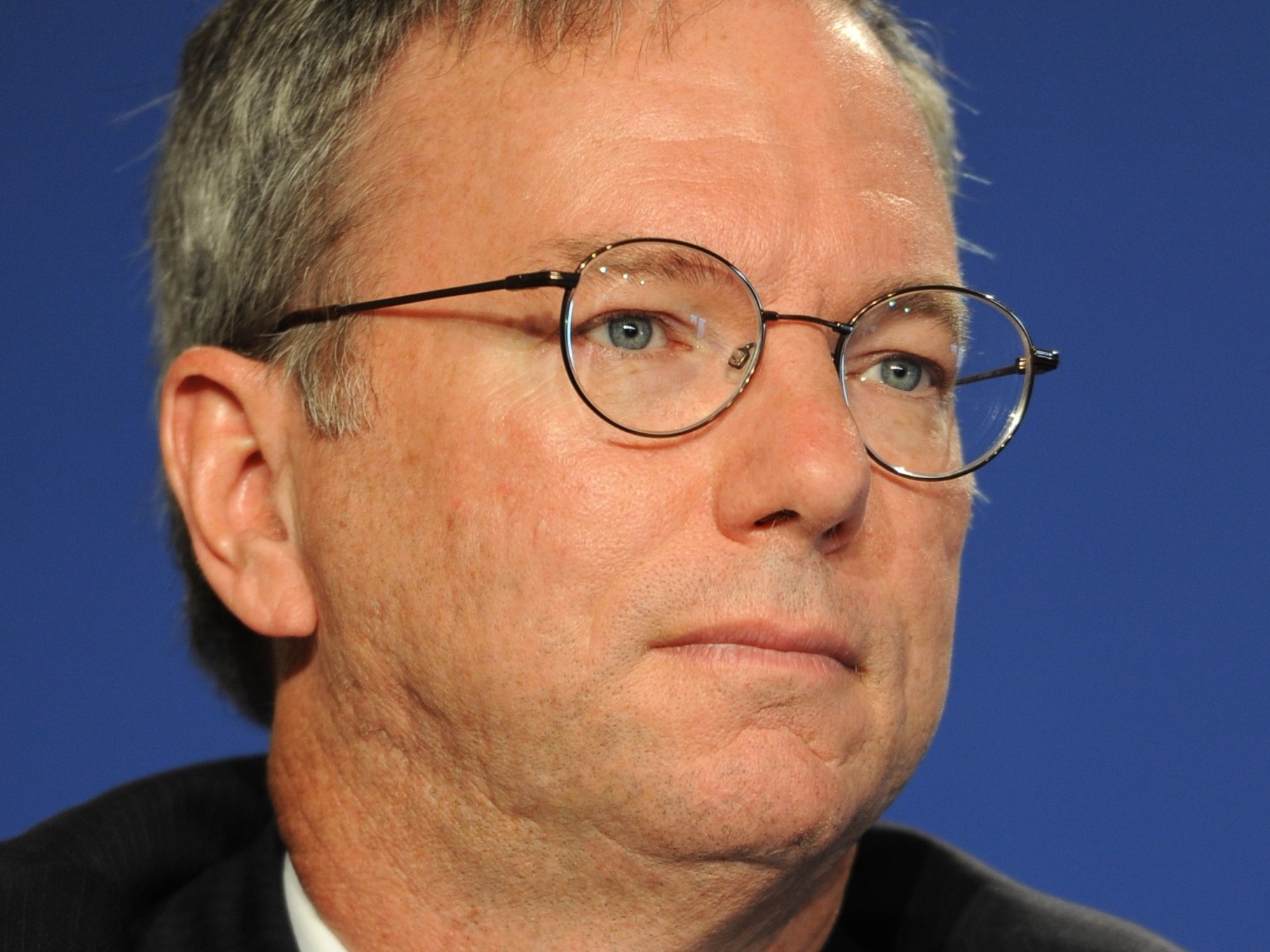AI misuse poses an ‘extreme risk’

Eric Schmidt, former CEO of Google, has warned that AI misuse poses an “extreme risk” and could do catastrophic harm.
Speaking to BBC Radio 4’s Today programme, Schmidt cautioned that AI could be weaponised by extremists and “rogue states” such as North Korea, Iran, and Russia to “harm innocent people.”
Schmidt expressed concern that rapid AI advancements could be exploited to create weapons, including biological attacks. Highlighting the dangers, he said: “The real fears that I have are not the ones that most people talk about AI, I talk about extreme risk.”
Using a chilling analogy, Schmidt referenced the al-Qaeda leader responsible for the 9/11 attacks: “I’m always worried about the Osama bin Laden scenario, where you have some truly evil person who takes over some aspect of our modern life and uses it to harm innocent people.”
He emphasised the pace of AI development and its potential to be co-opted by nations or groups with malevolent intent.
“Think about North Korea, or Iran, or even Russia, who have some evil goal … they could misuse it and do real harm,” Schmidt warns.
Oversight without stifling innovation
Schmidt urged governments to closely monitor private tech companies pioneering AI research. While noting that tech leaders are generally aware of AI’s societal implications, they may make decisions based on different values from those of public officials.
“My experience with the tech leaders is that they do have an understanding of the impact they’re having, but they might make a different values judgement than the government would make.”
Schmidt also endorsed the export controls introduced under former US President Joe Biden last year to restrict the sale of advanced microchips. The measure is aimed at slowing the progress of geopolitical adversaries in AI research.
Global divisions around preventing AI misuse
The tech veteran was in Paris when he made his remarks, attending the AI Action Summit, a two-day event that wrapped up on Tuesday.
The summit, attended by 57 countries, saw the announcement of an agreement on “inclusive” AI development. Signatories included major players like China, India, the EU, and the African Union.
However, the UK and the US declined to sign the communique. The UK government said the agreement lacked “practical clarity” and failed to address critical “harder questions” surrounding national security.
Schmidt cautioned against excessive regulation that might hinder progress in this transformative field. This was echoed by US Vice-President JD Vance who warned that heavy-handed regulation “would kill a transformative industry just as it’s taking off”.
This reluctance to endorse sweeping international accords reflects diverging approaches to AI governance. The EU has championed a more restrictive framework for AI, prioritising consumer protections, while countries like the US and UK are opting for more agile and innovation-driven strategies.
Schmidt pointed to the consequences of Europe’s tight regulatory stance, predicting that the region would miss out on pioneering roles in AI.
“The AI revolution, which is the most important revolution in my opinion since electricity, is not going to be invented in Europe,” he remarked.
Prioritising national and global safety
Schmidt’s comments come against a backdrop of increasing scrutiny over AI’s dual-use potential—its ability to be used for both beneficial and harmful purposes.
From deepfakes to autonomous weapons, AI poses a bevy of risks if left without measures to guard against misuse. Leaders and experts, including Schmidt, are advocating for a balanced approach that fosters innovation while addressing these dangers head-on.
While international cooperation remains a complex and contentious issue, the overarching consensus is clear: without safeguards, AI’s evolution could have unintended – and potentially catastrophic – consequences.
(Photo by Guillaume Paumier under CC BY 3.0 license. Cropped to landscape from original version.)
See also: NEPC: AI sprint risks environmental catastrophe
Want to learn more about AI and big data from industry leaders? Check out AI & Big Data Expo taking place in Amsterdam, California, and London. The comprehensive event is co-located with other leading events including Intelligent Automation Conference, BlockX, Digital Transformation Week, and Cyber Security & Cloud Expo.
Explore other upcoming enterprise technology events and webinars powered by TechForge here.



